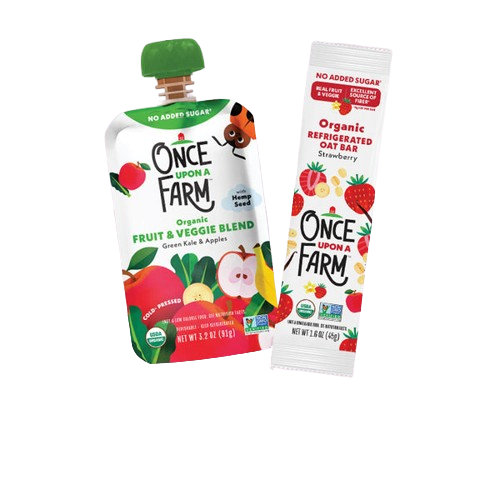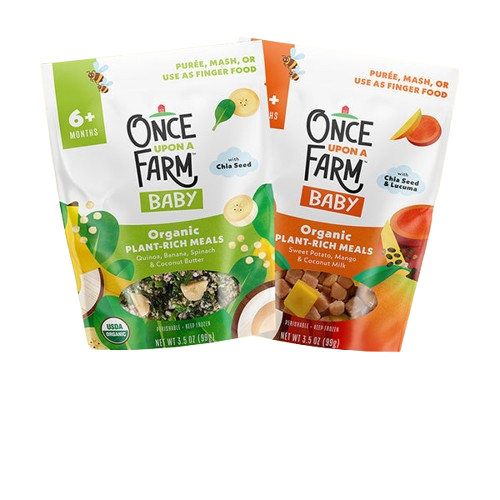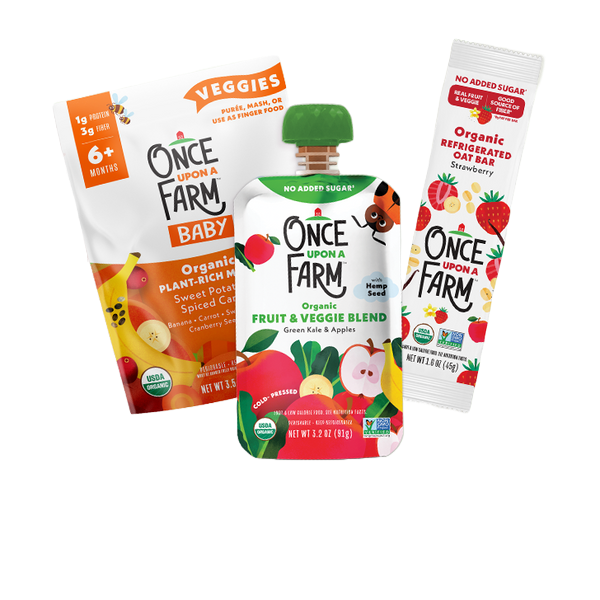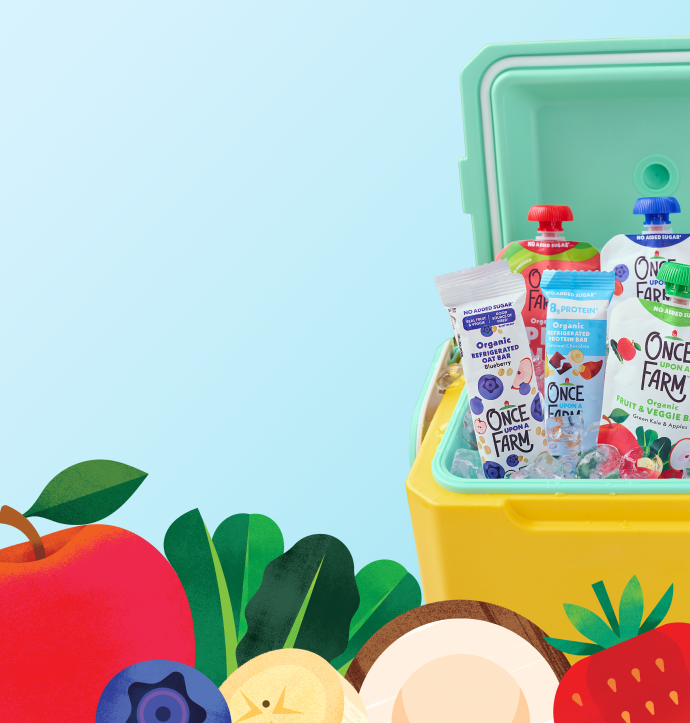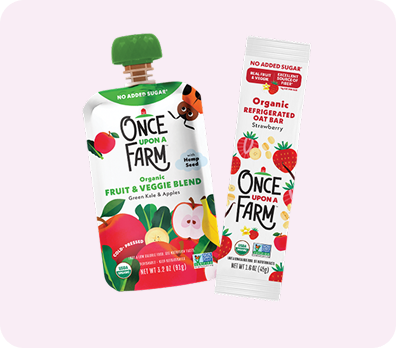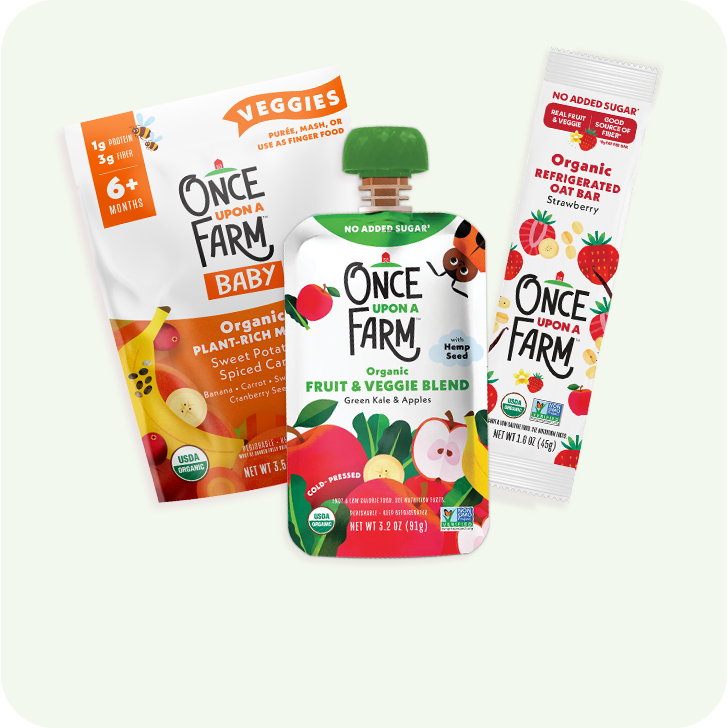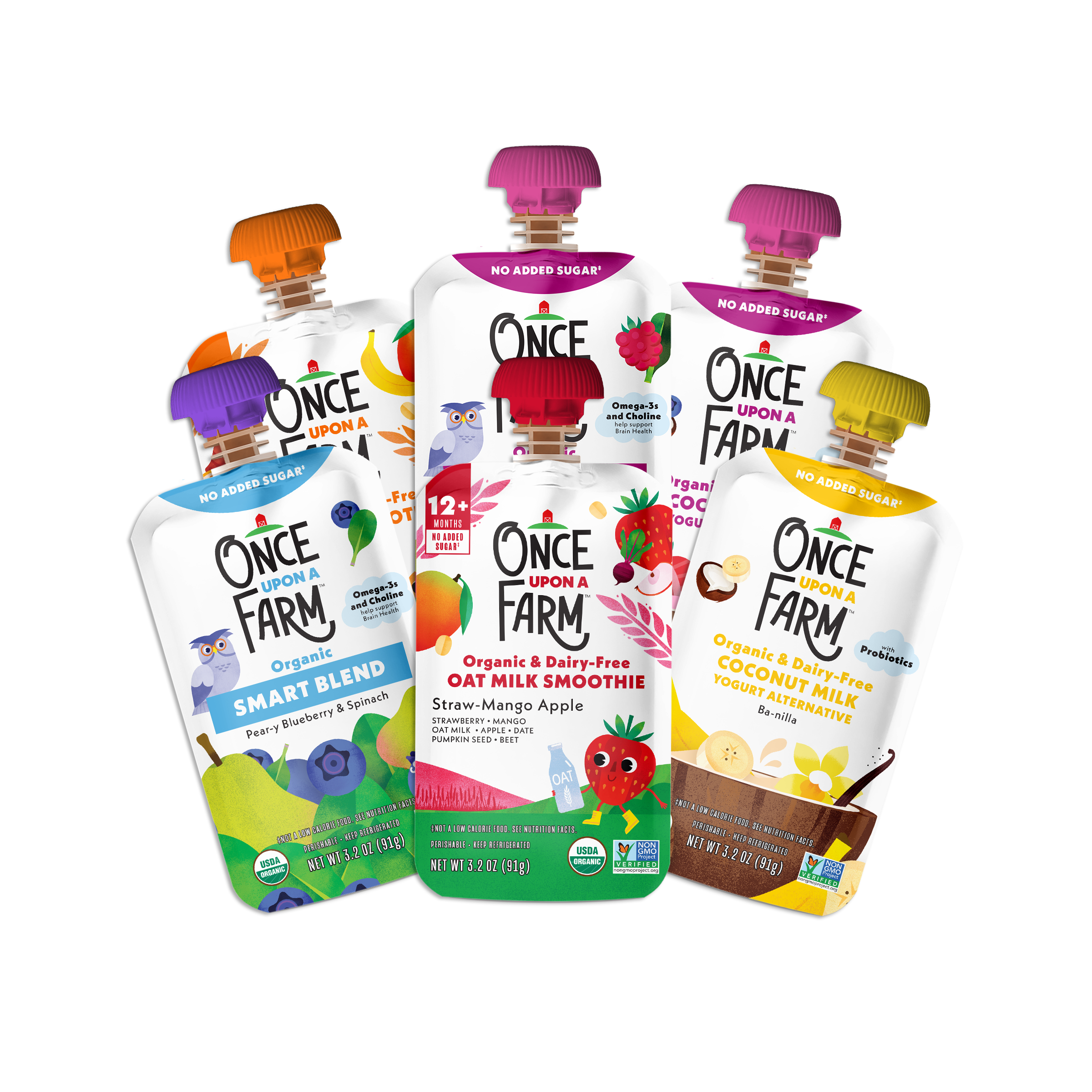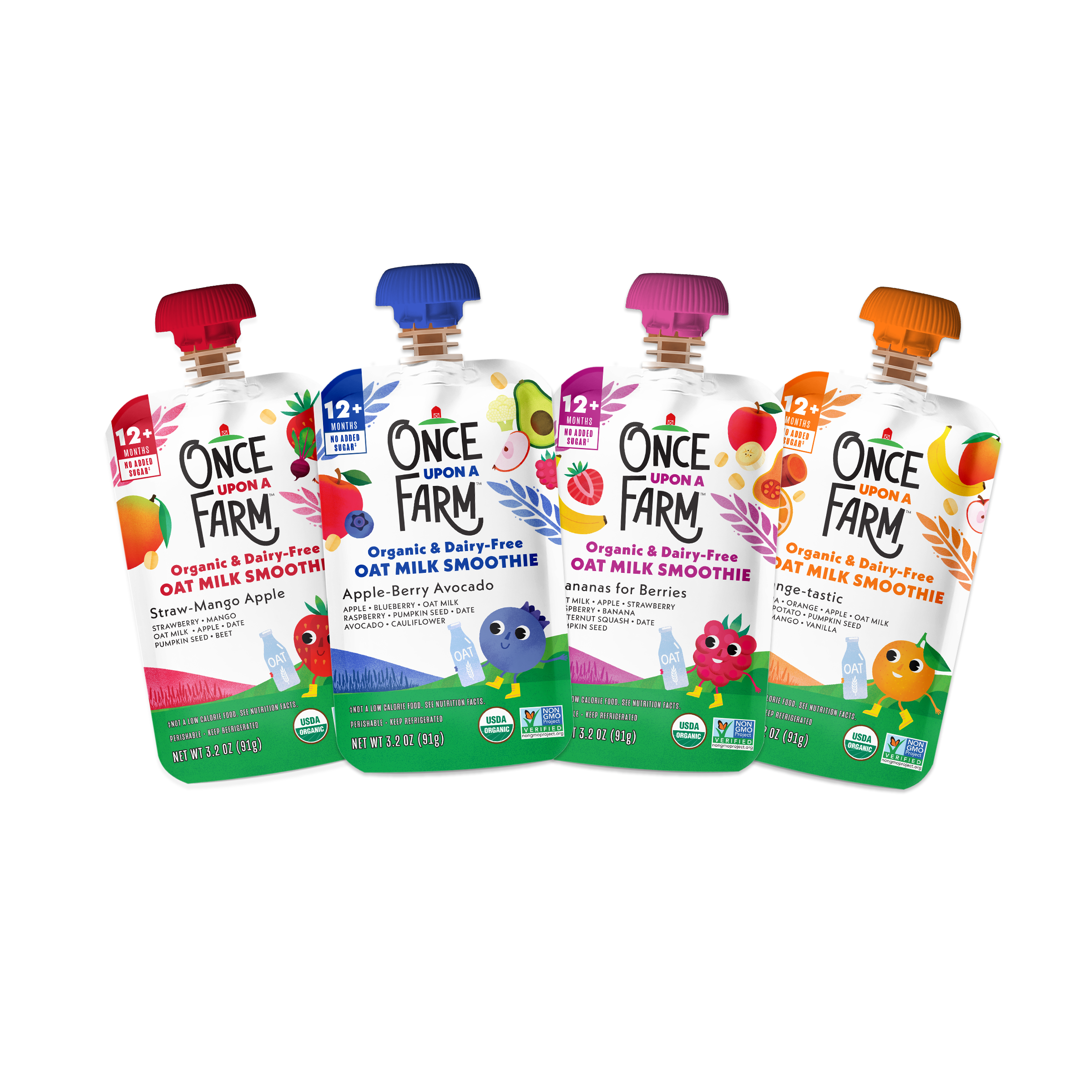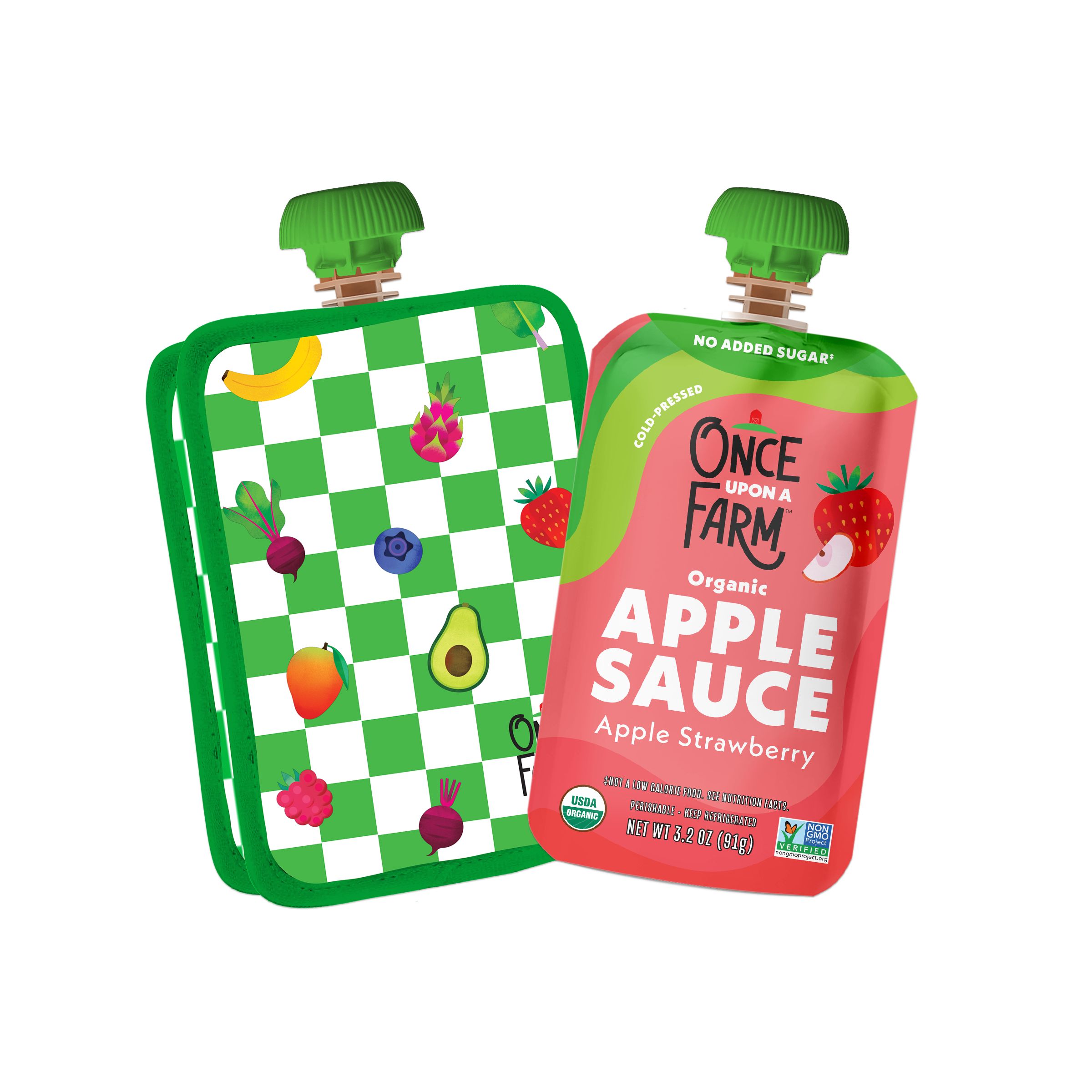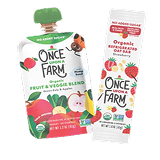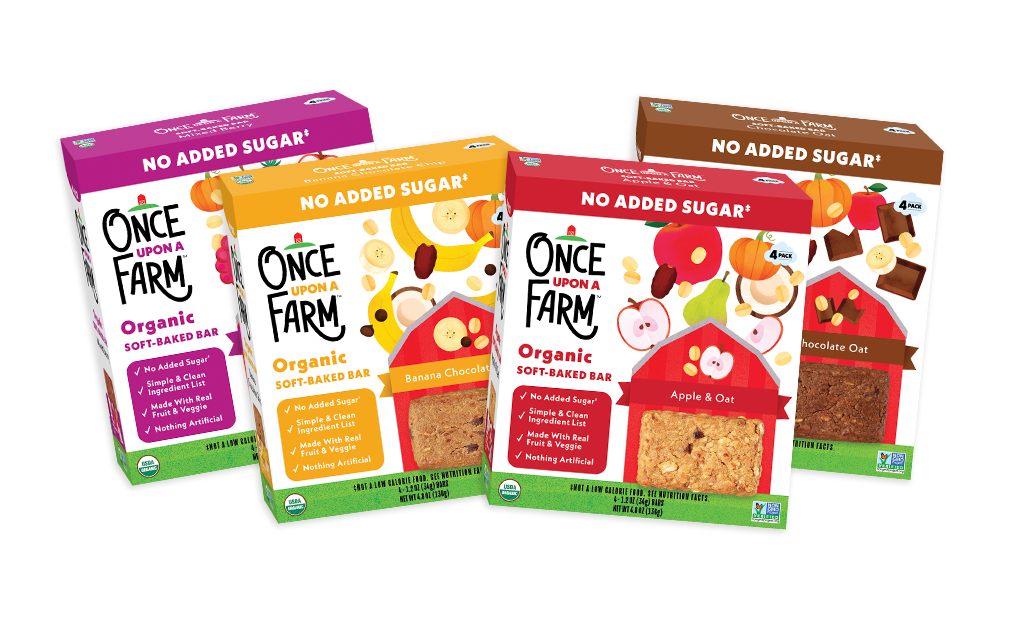Note: This blog is not medical advice and is for informational purposes only. For any specific teething recommendations or questions, please refer to your child’s pediatrician or healthcare provider.
As parents, there are few things more challenging than witnessing your little one in discomfort—which rings especially true during the teething phase. Questions about when it starts, what to expect, and how to ease your baby's discomfort can fill your mind. To provide you with expert insight and guidance, we sat down with Board-certified pediatrician Dr. Krupa Playforth (aka “The Pediatrician Mom”), to discuss all things related to baby teething and home remedies.
What is the usual age range when babies start teething, and what are the common signs and symptoms parents can expect during this phase?
Dr. Krupa Playforth: Although many babies begin mouthing items around the 3–4 month mark, this is a developmental milestone that does not actually indicate teething. For the majority of infants, the teething process begins around 6 months, but there is a wide range for what’s normal. Delayed tooth eruption, which means no teeth by 18 months, is usually an indication for a dental evaluation, but this is exceedingly rare.
Teething gets unfairly blamed for a range of symptoms, including developmental fluctuations in sleep, behavior or even appetite, runny nose, congestion, and even fever. Hearing these horror stories causes a lot of anxiety in parents, but the truth is that the majority of infants sail through teething without issues. Sometimes we do see 2–3 days of discomfort associated with the tooth breaking through the gums, along with mild fussiness, a sudden and temporary increase in drooling, and pulling on the ears.
When should parents be concerned about their child's teething discomfort and consider reaching out to their child's healthcare provider?
KP: Because the signs and symptoms associated with teething are vague, it can lead to a good deal of confusion for parents. Things like fussiness and pulling on the ears can also be caused by many other conditions. Because we only expect discomfort from teething to last 2-3 days for most babies, any change from baseline that continues for longer than a few days should be discussed with your pediatrician.
What are some of the most prevalent myths and misconceptions surrounding baby teething, and how can parents differentiate between fact and fiction?
KP: The most common misconceptions around teething often come from other family members. Here are three:
- Fevers are caused by teething: Teething does sometimes generate an inflammatory response that can mildly elevate the body’s temperature from baseline, but it does not cause a true fever. Any true fever is caused by something else.
- Teething products are safe because they’re on the market: Unfortunately, this is a scary misconception that is shared by many parents. There is no evidence to support the use of teething products such as teething gels or tablets. These baby products are completely unregulated, and the marketing takes advantage of a parent’s understandable desire to make sure their baby feels minimal pain. The ingredients in these products can be harmful, such as benzocaine or belladonna.
- Amber teething necklaces work: I think if these worked well, then amber would have been scooped up by many pharmaceutical companies as a great marketable solution. There’s no scientific data that these make any difference, and they pose a truly significant strangulation risk.
Why is maintaining good oral hygiene crucial during teething, and what practical steps can parents take to ensure their baby's oral health is on track?
KP: Even baby teeth can get cavities. Maintaining good oral hygiene is important for a myriad of reasons. Consistent dental care reduces the development of cavities and dental caries. Children that develop these types of dental issues early in life are at risk for pain, infection, and even long-term oral health issues.
Once a baby has developed teeth, we recommend brushing with a soft bristled toothbrush twice per day using a small amount of fluoride toothpaste (the size of a grain of rice). Minimizing high sugar intake, drinking primarily water between meals (and limiting juice), and getting regular dental checkups are also important factors that can make a difference. Infants should see a dentist by the age of 12 months or within 6 months of the first tooth erupting—whichever is sooner.
Related Blog: Baby Dental Care Q&A
Can you provide five trusted remedies that parents can use to alleviate their baby's teething pain?
KP:
- Cool washcloth
- Skin-to-skin and close contact are known to reduce discomfort in infants
- Breastmilk or formula popsicles
- Silicone teething toys
- Pain relieving medications—these should really be a last resort, because the majority of infants should not be in discomfort to the extent of needing these. If a child needs Tylenol or Ibuprofen for more than a couple days in a row, talk to your pediatrician.
Could you suggest a simple and safe homemade teething remedy that parents can prepare at home for their little one?
KP: We know that cold items can be soothing to sore gums. Some of my favorite safe homemade teething remedies include:
- Breast milk or formula popsicles
- For babies over 6 months, I’m also a big fan of trying to incorporate cool foods such as frozen teething treats made from O’Farm pouches mixed with yogurt. The benefit of these is that you’re also offering nutritious options for your child to consume and can incorporate some variety, continuing to expose your child to varied flavors.
- Teething biscuits are a good option for older babies and even for toddlers. Remember that teeth can continue to come in until about 2 to 3 years old, so options for older toddlers are helpful. Homemade teething treats using O’Farm pouches and rolled oats are easy and quick to make, and can be frozen—so they can be pulled out again whenever necessary. Frozen yogurt bark is another option that can be premade and then pulled out when needed.
What's your expert opinion on the safe use of over-the-counter teething gels or medications for teething discomfort in babies?
KP: I do not recommend over-the-counter homeopathic teething gels or tablets. There is no evidence that the ingredients in many of these products work, and there is no consistency or approval process that ensures that the ingredients are safe or even present in the quantities listed on the box. Many of these have ingredients such as Belladonna, which we know to be unsafe for babies. In fact, the FDA recommends against them.
In terms of medications like Acetaminophen or Ibuprofen, I view them as a single tool in an otherwise fairly robust toolbox. They should be used only when absolutely needed, and when other measures are insufficient, and they should not be used for more than a couple of days. Most babies truly do not need this level of pain control to get through teething.
How do teething toys and accessories play a role in soothing teething babies, and what should parents consider when choosing these items?
KP: These can be marvelously helpful for soothing teething babies, but it is important to pay attention to the way they are structured. These toys offer the baby the option of a textured surface and a way to put pressure on the gums, which can lead to some pain relief. I recommend picking silicone or rubber teethers over the plastic ones that contain liquid, because those can leak. The beaded or fancy teething toys that have loose parts that could fall off (or be chewed off) should be avoided as well, because they pose a choking hazard. For teethers that can be made cold, avoid freezing them because they can become quite hard and damage the gums—placing them in the fridge should be sufficient.

